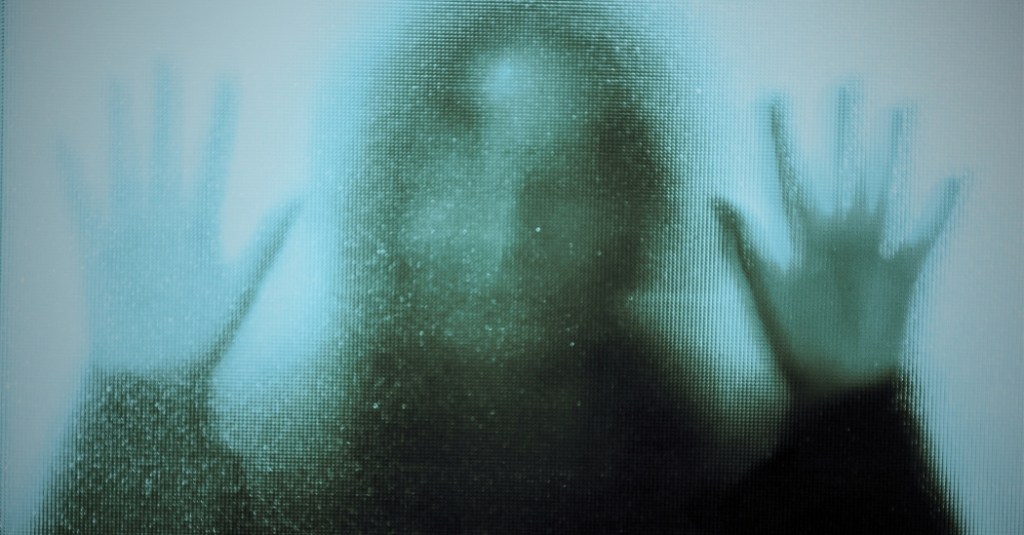Dating apps promised efficiency; what we got was a conveyor belt of people vanishing mid-conversation. Psychologists now say the constant disappearing act rewires the brain into what they call “ghosting PTSD.”
A September study from Joi AI showed a sharp rise in desperation search bar terms. Searches for “I got ghosted” jumped nearly 200 percent, while “Why do people ghost” shot up by 150 percent. Experts say the surge reflects how rejection without closure keeps people stuck replaying conversations that never went anywhere.
For 27-year-old Susannah Hardwick, who moved from the UK to New York last year, the pattern has been relentless. She told the New York Post she’s been ghosted by around 40 men in twelve months. “Getting ghosted can really be destructive for your self-worth and self-esteem,” she said.
Hardwick recalled men talking about serious commitment one week and disappearing the next. After dozens of repeats, she admitted the experience pushed her to step back from dating entirely.

The Rise of ‘Ghosting PTSD’ — How Disappearing Dates Are Rewiring Our Brains
Relationship therapist Jaime Bronstein says ghosting is completely changing how people experience intimacy. “People who’ve been ghosted are proven to feel anxious and hypervigilant in social contact; their self-esteem plummets,” she explained.
Even small delays in a text thread start to feel like a personal attack. The constant second-guessing rewires the brain into expecting rejection.
The impact shows up in behavior as much as emotion. Some daters log off entirely, convinced the apps lead nowhere. Others keep swiping while carrying the weight of earlier rejections into every new match. Friends and therapists say conversations about dating fatigue are becoming routine, with clients describing the apps as “exhausting” and “dehumanizing.”
Bronstein recommends pressing pause long enough to regain balance before returning to the scene. She advises practicing conversations in safe settings with friends or therapists, which can help retrain the brain to expect steady, healthy exchanges rather than another abrupt disappearance.
Hardwick is taking her break, but the churn of disappearing acts keeps pulling new people into the same cycle. Ghosting may have started as a digital-era dodge, yet it now carries consequences that feel closer to a public health issue than a dating quirk.
The post The Dating Scene Is So Bad We’re Getting Ghosting PTSD appeared first on VICE.




